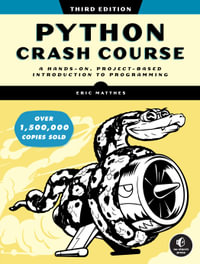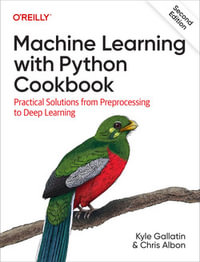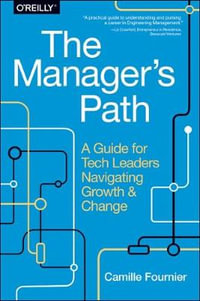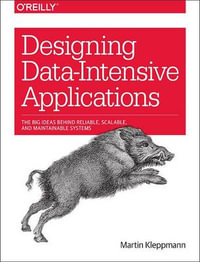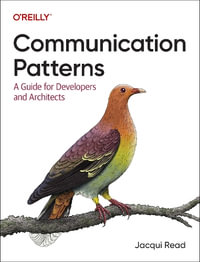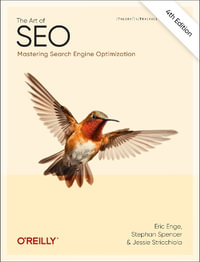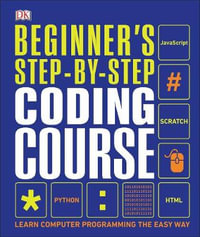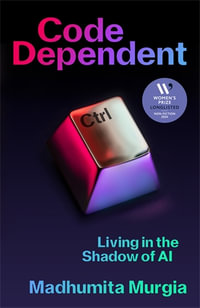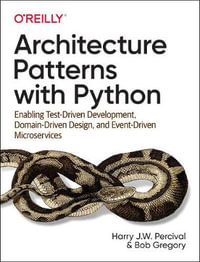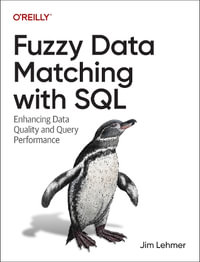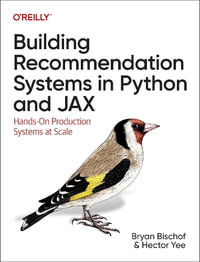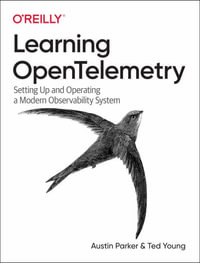Flash has now arrived to Android the fastest growing smartphone platform. This offers massive opportunities for Flash developers who want to get into mobile development. At the same time, working on smartphones will introduce new challenges and issues that Flash developers may not be familiar with.
The Flash Development for Android Cookbook enables Flash developers to branch out into Android mobile applications through a set of essential, easily demonstrable recipes. It takes you through the entire development workflow: from setting up a local development environment, to developing and testing your application, to compiling for distribution to the ever-growing Android Market.
The Flash Development for Android Cookbook starts off with recipes that cover development environment configuration as well as mobile project creation and conversion. It then moves on to exciting topics such as the use of touch and gestures, responding to device movement in 3D space, working with multimedia, and handling application layout. Essential tasks such as tapping into native processes and manipulating the file system are also covered.
We then move on to some cool advanced stuff such as Android-specific device permissions, application debugging and optimization techniques, and the packaging and distribution options available on the mobile Android platform.
In a nutshell, this cookbook enables you to get quickly up to speed with mobile Android development using the Flash Platform in ways that are meaningful and immediately applicable to the rapidly growing area of mobile application development.
Take your Flash applications beyond the desktop and into the emerging world of mobile application development
What you will learn from this book :
Configure Flash Professional, Flash Builder, or FDT to develop Android applications cross-platform regardless of operating system
Convert Flex and ActionScript projects to true mobile experiences
Work with multitouch and gestures for a truly innovative user experience
Use the geolocation and accelerometer sensors to respond to location and movement
Make use of the built-in microphone and camera hardware for user generated content
Stream audio and video to an application using a variety of protocols
Use advanced image display and modifications using custom shaders
Effectively scale and position the interface elements across devices
Employ a variety of URI handlers to invoke native SMS, telephone, e-mail, maps, and more
Work with the Android file system and manage application databases easily
Compile and submit your application or game to the ever growing, worldwide Android Market
Approach
Written in cookbook style, this book offers solutions to all common Flash Android development problems through recipes.
Each recipe contains step-by-step instructions followed by analysis of what was done in each task and other useful information. The book is designed so that you can read it chapter by chapter, or you can look at the list of recipes and refer to them in no particular order.





